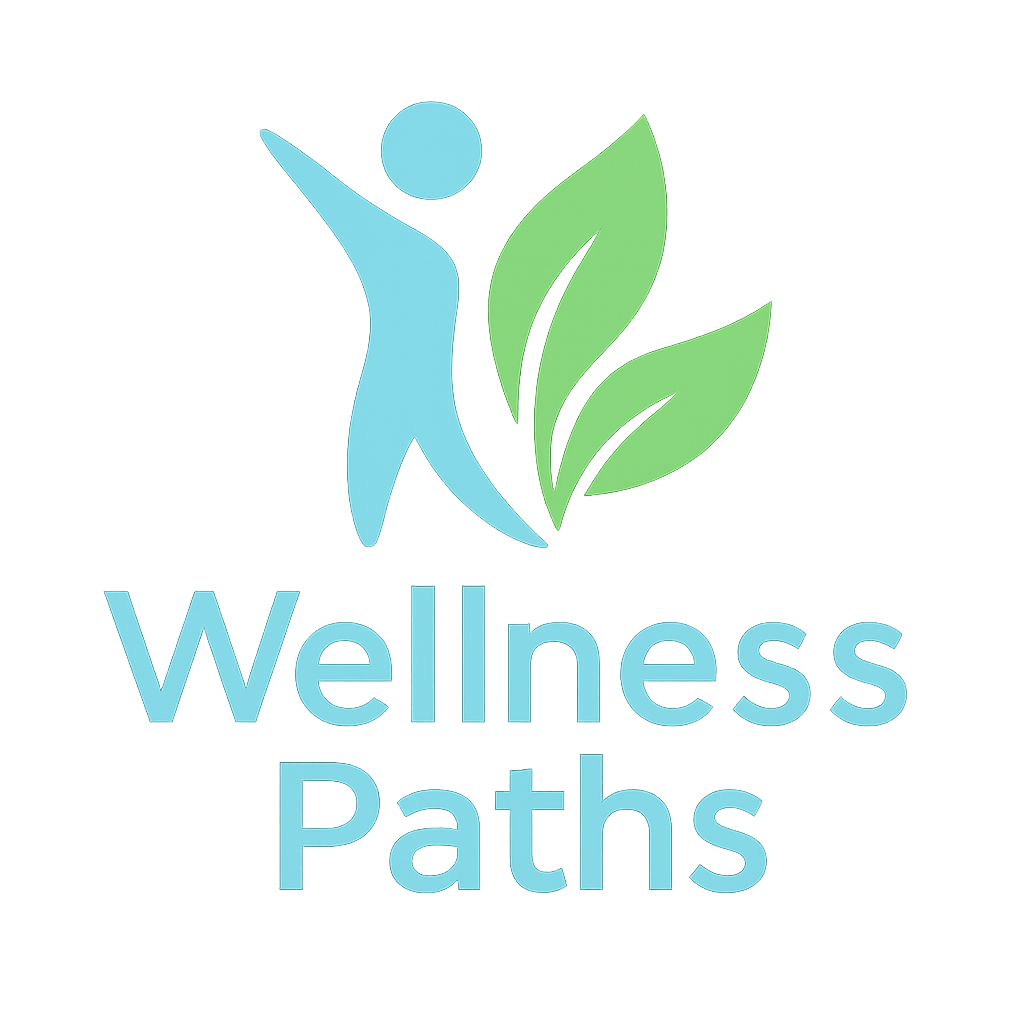Setting healthy boundaries is an important part of taking care of your mental health, but many people struggle to know where to start. Boundaries help you create space for yourself, reduce stress, and build stronger relationships. In this article, we’ll explore what healthy boundaries are, why they matter, and how you can begin to set them in your everyday life.
Why Healthy Boundaries Matter
In our daily lives, it can be surprisingly easy to lose track of our own needs. We often find ourselves saying “yes” when our heart is quietly whispering “no.” Sometimes we stay late at work even when we’re exhausted, answer messages when we need rest, or take on tasks just because we don’t want to disappoint others. Over time, these small actions build up and can leave us feeling emotionally drained, stressed, and disconnected from ourselves. This is why learning to set healthy boundaries is so important.
Healthy boundaries are not about building walls to keep people out. They are about protecting your space so you can stay connected to what matters most to you. Boundaries help you create a life where you can be present, where your energy is balanced, and where your mental health comes first. One helpful way to support this balance is through mindfulness — you can learn practical tips in our article How Mindfulness.
Many people worry that setting boundaries might seem rude or selfish. But in reality, boundaries are a form of honesty and self-respect. They show others who you are and what you need, and they teach people how to treat you with kindness and consideration. Healthy boundaries can actually make your relationships stronger because they are built on real understanding and mutual care.
What Healthy Boundaries Really Are
So, what exactly are healthy boundaries? Simply put, they are personal rules or guidelines that you create to feel safe, respected, and comfortable. They help you decide what is okay for you and what isn’t.
Let’s imagine this with a simple example. Picture your time and energy like a garden. Healthy boundaries are like a little fence around your garden. The fence doesn’t keep everyone out; it just protects your flowers from being trampled. It reminds you and others that your garden needs care, attention, and space to grow.
When you have clear boundaries, you can show up in life with more peace. You can rest without guilt. You can enjoy time with loved ones without feeling secretly overwhelmed. You can give to others from a full heart, not from a place of pressure or exhaustion.
Why It’s Hard to Set Boundaries Sometimes
For many of us, setting boundaries is not easy. It can feel uncomfortable because we are used to putting others first. Many people grow up believing that being a “good person” means always being available, helping, and saying “yes.” Worrying about seeming selfish may arise when you say “no.” Neglecting your needs often leads to exhaustion, frustration, and resentment.

It’s natural to feel this way. But the truth is, when we ignore our own needs, we can start to feel tired, frustrated, and even experience resentment. We might find ourselves snapping at people we love or feeling stuck in situations that don’t feel right.
Remember that caring for yourself isn’t selfish. Protecting your well-being allows you to be more loving, patient, and authentic with others. Healthy boundaries are essential for achieving this balance.
How to Recognize When You Need a Boundary
We don’t always realize right away when our boundaries are being crossed. But our feelings often give us clues. You might notice that you feel anxious or annoyed when someone keeps asking you for favors. Feeling overwhelmed when your phone rings during dinner is another sign. You may also feel frustrated when you’re constantly expected to be the “fixer” for everyone else’s problems. If these emotions leave you tired, stressed, or on edge for no clear reason, you might find useful tips in our article Tired, Stressed or On Edge?.
These feelings are like little signs that something isn’t working for you. When you notice these emotions popping up again and again, it’s a good moment to pause and ask yourself, “What would make me feel more comfortable in this situation? What do I need right now?”
Learning to pay attention to these signals is a powerful step toward creating a life where you feel more peaceful and supported.

Taking the First Steps to Set Healthy Boundaries
The idea of setting boundaries might feel overwhelming at first, but you don’t have to change everything at once. It’s often best to start small. Maybe you can decide to stop answering work emails after a certain time in the evening. Or perhaps you can begin by letting a friend know that you need a quiet weekend to recharge.
You don’t need to give long speeches or lengthy explanations. Just say, “I can’t do that right now,” or “I need some time for myself this evening.” Being honest and clear helps others understand and respect your needs. Avoid over-explaining or trying to convince anyone. Let your feelings and choices speak for themselves.
At first, you might feel guilty. That’s completely normal. Many people feel this way when they start setting boundaries. But over time, you will start to notice that you feel lighter, calmer, and more connected to your own needs. And you will probably find that the people who truly care about you will respect your choices and your honesty.
When Others Push Back
At times, when you begin to set boundaries, people might not like it. They might be surprised because they expect you to always say “yes”. They might even try to make you feel bad for saying “no.”
This can feel challenging, but it’s important to stay steady and kind. You don’t have to change your mind just because someone else is uncomfortable. You can calmly say, “This is what I need right now,” or “I’m taking some time for myself today.” You don’t need to over-explain or convince them. Your feelings and your choices are enough.

Changing your mind is not necessary simply because someone else feels uncomfortable. A calm statement like, “This is what I need right now,” or “I’m taking some time for myself today,” can be enough. There’s no need to over-explain or convince others—your feelings and choices stand on their own.
Healthy Boundaries in Everyday Life
Healthy boundaries can show up in many parts of your life. They might mean resting when you’re tired instead of pushing yourself to keep going. They might mean turning off your phone during dinner so you can fully enjoy your meal and your time with family. They might mean choosing not to answer work messages late at night so you can have real rest.
At times, healthy boundaries mean walking away from conversations that leave you feeling uncomfortable. Other times, it means giving yourself permission to say, “No, I can’t help with that today.”
What’s beautiful about healthy boundaries is that you get to decide what they look like. You know your life best. You know what feels good and what doesn’t. You are the one who gets to choose.
Building boundaries takes time, but every small step you take helps you grow stronger and more confident in your own space.
A Gentle Reminder: You Are Allowed to Say No
If setting boundaries is new for you, I want to remind you that you are not alone. Many people are learning how to do this, and it’s okay if it feels a little awkward at first. What matters is that you are starting to listen to yourself and to care for your own well-being.
Often, we wait for someone else to give us permission to rest, to say no, or to put ourselves first. So, let me say it to you clearly: You are allowed to say no. You are allowed to rest. You are allowed to protect your own time and energy.
Taking care of yourself does not mean you are less kind or less generous. It means you are learning to include yourself in the circle of people you care about.

I hope this article gave you something to think about. If you’ve ever struggled with setting healthy boundaries, I would love to hear from you. Have you tried saying no in your own life? What has been the hardest part for you? Or maybe you’re just starting this journey and you have questions.
Feel free to leave a comment below and share your story. I would love to chat with you and hear your thoughts!
Sources
Mayo Clinic – “Being assertive: Reduce stress, communicate better”
Highlights that assertiveness helps you express your needs while respecting others, reducing stress and strengthening self-control — key skills for setting healthy boundaries.
https://www.mayoclinic.org/healthy-lifestyle/stress-management/in-depth/assertive/art-20044644
Psychology Today – “Setting Boundaries if You Are a People-Pleaser”
Explains how people-pleasers often neglect their own needs to avoid conflict. Setting boundaries, though uncomfortable at first, boosts self-confidence and prevents burnout.
https://www.psychologytoday.com/us/blog/your-emotional-meter/202307/setting-boundaries-if-you-are-a-people-pleaser
MentalHealthCtr.com – “Boundaries and Mental Health”
Presents research showing that individuals with weak emotional boundaries report higher stress and lower relationship satisfaction. Setting boundaries helps reduce emotional exhaustion.
https://www.mentalhealthctr.com/boundaries-and-mental-health/




